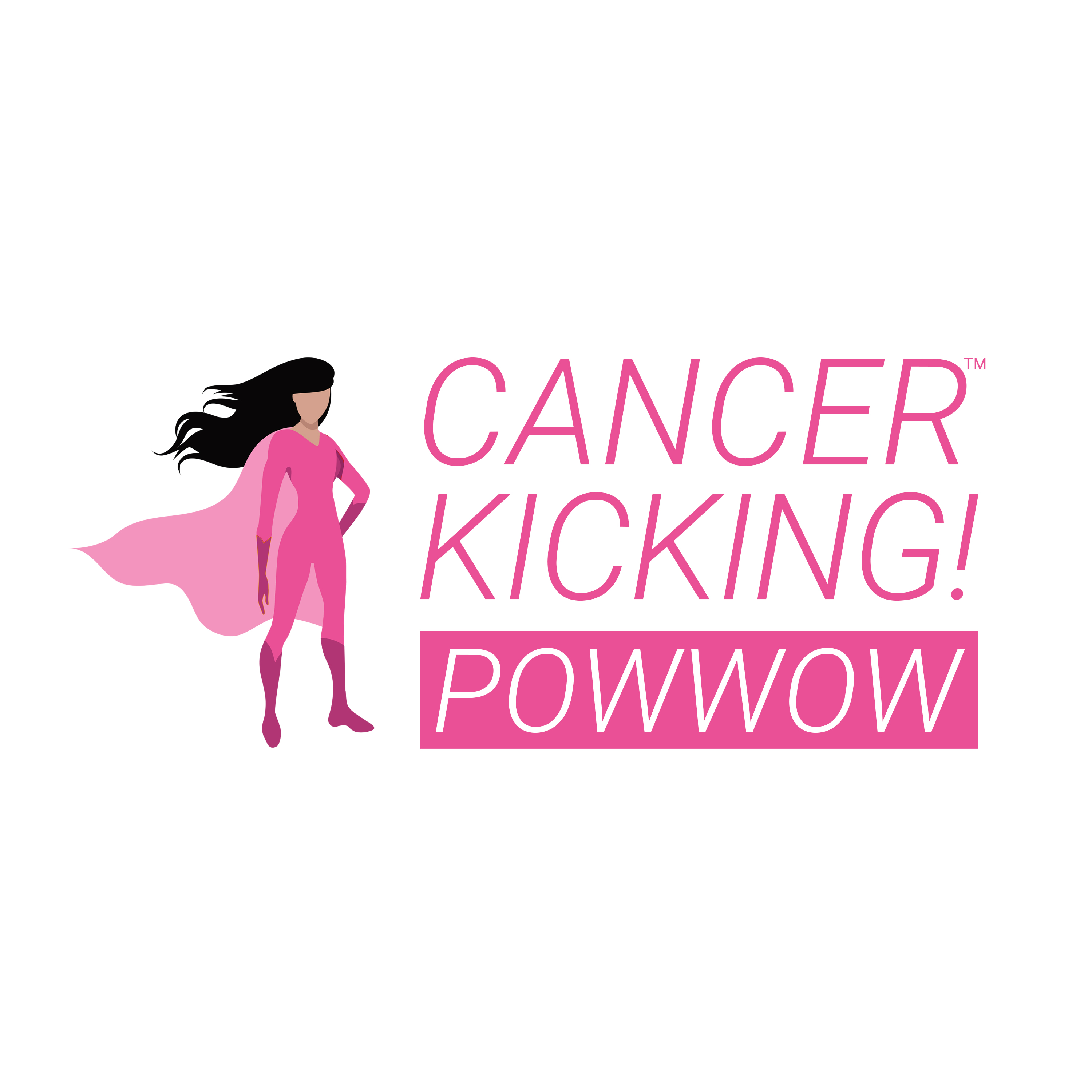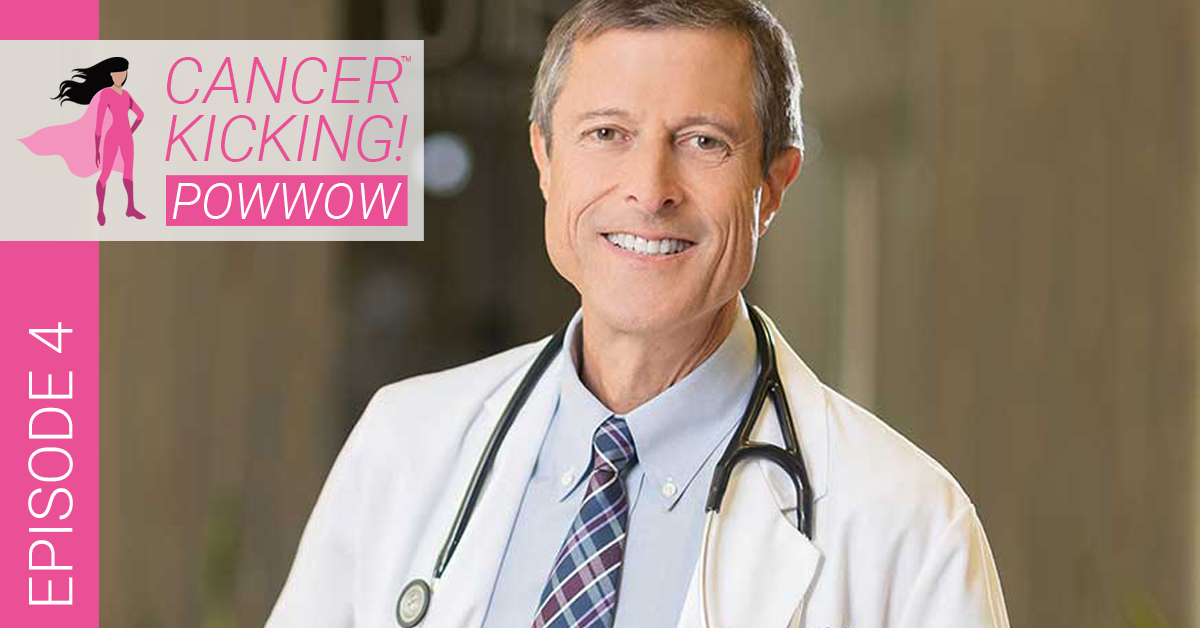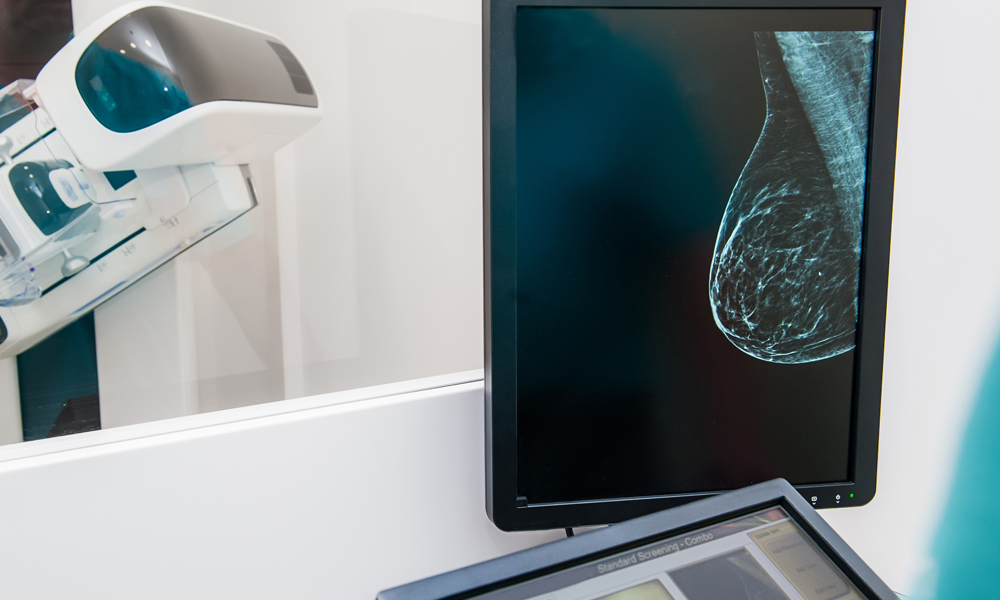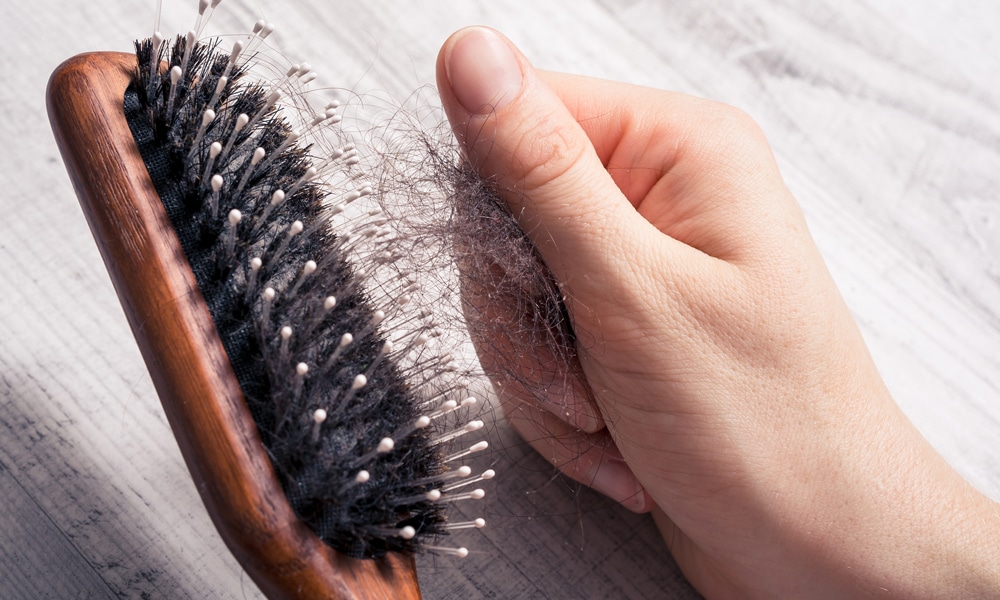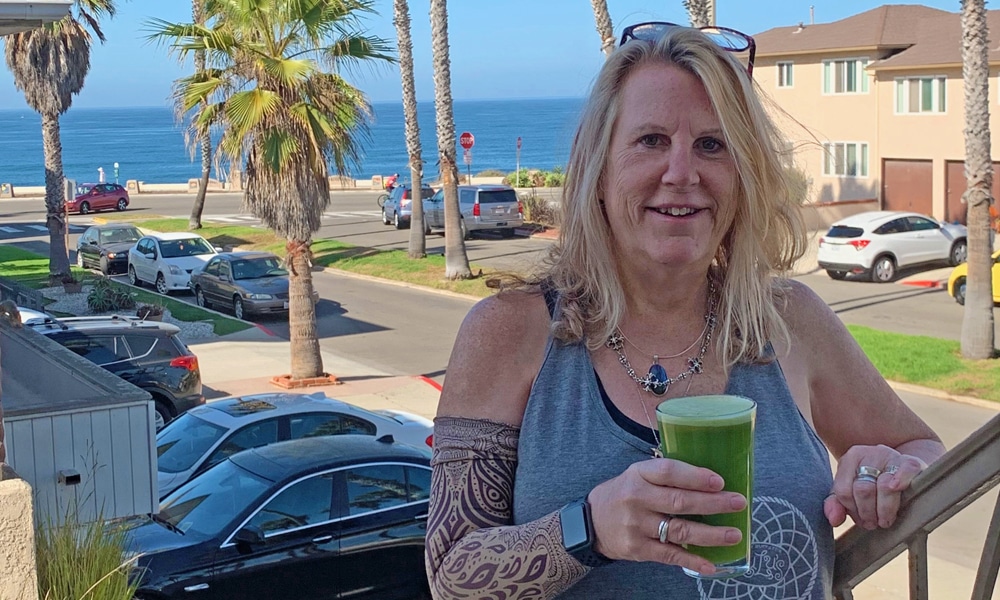It’s hard enough to hear the words ‘breast cancer’ when your doctor is explaining you are sick, but how do you talk your loved ones about it? As you struggle with your own array of emotions – fear, anxiety, tears, strength, determination – so will those who learn of your breast cancer diagnosis as they hear your news.
I’m a breast cancer survivor myself, and telling my children that I was diagnosed was one of the hardest things I ever had to do. I have always been their pillar of strength and wanted to stay that way. My 13-year-old daughter immediately cried, while my 11-year-old son, attempting to be strong, fell absolutely silent and walked away. We made it through that tough day, as well as the surgeries and hospitalizations, the treatment and hair loss, and the recuperation.
It’s no easy task to have a conversation with your loved ones about your breast cancer, but if and when you choose to discuss it with your loved ones, here is some helpful advice.
 We’ve been working hard on this. Add your e-mail address and we will tell you as soon as it launches.
We’ve been working hard on this. Add your e-mail address and we will tell you as soon as it launches.
Telling Young Children
Young children in elementary school, preschool or even younger may not understand exactly what cancer is or what it means to you or to them. When talking to young children, tell them you are sick and explain doctors are working to make you better, that you may seem tired, and that you may need to spend overnight time in the hospital. Then, reassure them that they will be okay. Stress to them that they cannot “catch” what you have, and that they are safe and will be taken care of by your loved ones.
“Little ones can be told the parent is very sick but that the doctors and nurses are helping them to get better,” says Kim Martinez, M.S., True North Counseling Services for children and families in Tampa, Florida. “Ask the little one if they remember what it felt like the last time they were really sick. They may recall wanting to cuddle, sleep a lot or needing medicine. This will help them connect it with something they know.”
Young children may respond to your illness and their fear by becoming more aggressive or reverting back and acting more “baby-like” in an effort to stay close to you. They may experience separation anxiety and have more fear and nightmares. “Never punish young children for digressing in their behaviors. It isn’t done intentionally,” says Martinez. At this age, change is difficult for children, so stick to your child’s routine as much as you can so they don’t feel the effects of your illness. And Martinez adds, “Do your best to comfort them and spend quality time with each of them every day.”
Get discounted Tier 2 tickets while they last. Watch the Summit via on-demand video from anywhere or attend in person at the breathtaking oceanfront Terranea Resort in Southern California.
Telling School-aged Children and Teens
Kids who are in middle and high school know the word “cancer” is a scary one, and may be very afraid of losing you, says Martinez. “Be honest as possible but be careful not to be overheard talking about the more scary medicine and treatment information.” They may not want to leave you because they are worried about you, and they can withdraw from schoolwork, friends, and activities they love. Teens may especially withdraw and not want to talk to you about your cancer, even acting out by drinking and doing other more rebellious behavior.
“Teens will often not share their fears in an effort not to worry the family more; this is a good time to seek counseling for your teen so they don’t feel they are burdening the family,” says Martinez.
As this age understands your illness will affect you, provide them security and reassurance by spending time together and allowing them to help by taking on additional chores such as cooking a meal. Because children at this age are often online and trusting of what they see, as well as trusting their friends, continue to explain things to them to combat misinformation they may be receiving.
Follow Power Up
Follow Power Up
Telling Your Friends
You don’t have to tell everyone about your cancer, but you’ll certainly want to let your closest friends know, as they will want to support you. Meet the people you want to tell in person so you can talk, cry, hug and talk more. If you are telling long-distance friends, don’t text; set up a time for a phone call so they have time to really talk to you.
Friends will react to your news in different ways. Some may want to be with you for doctor appointments, chemotherapy, beauty appointments and more, while others’ fear of losing you may cause them to retreat from you. “They are afraid and sad, but assure them you’re okay and give them time,” says survivor Skyler Thomas of New York. She adds, don’t take it personally, and know they still love you and will check in and offer the support they can handle.
If someone is not there for you at all, remember you are the most important person during your fight and shouldn’t be the nurturer in the relationship.
“You weed your garden on this journey,” says 20-year breast cancer survivor Toni Jansson. “Consider it a good thing. It may seem lonely, but it’ll free up your time to invest in yourself and those who are your true supporters.
Talking to Your Significant Other
Whether you receive the news of your diagnosis together or not, you will have many discussions with your significant other about your cancer. While you are dealing with your own emotions, so is your partner. Work together to discuss your treatment options. It will be your decision on the routes you take but include your partner in the discussions. Also, talk openly about your fears, anger, and emotions rather than ignoring emotional discussions.
“I would not have gotten through without [my husband’s] strength, humor, and support. Our marriage is stronger and our love endured,” said Kristin Melville of Lewiston, Maine.
However, have someone else you may speak to during your treatment. Of course, dealing with cancer is important and will always be on your mind, but your partner needs to continue to see you outside of your diagnosis, especially as they will often be your primary caregiver and need to see you thrive. Continue talking about things you talked about before diagnosis, and relieve some of the stress by speaking to a Breast Buddy who understands what you are going through and is all ears.
“A cancer buddy is a great thing to have,” says survivor Ginny Alexander of Birmingham, Alabama. “My cancer buddy and I were introduced by a mutual friend and although I have never met her in person, I feel as if I have known her a long time. We were going through it at the same time and I thank her for being there. Having someone there to talk to who knows what you are going through makes the journey back to health a whole lot better.”


